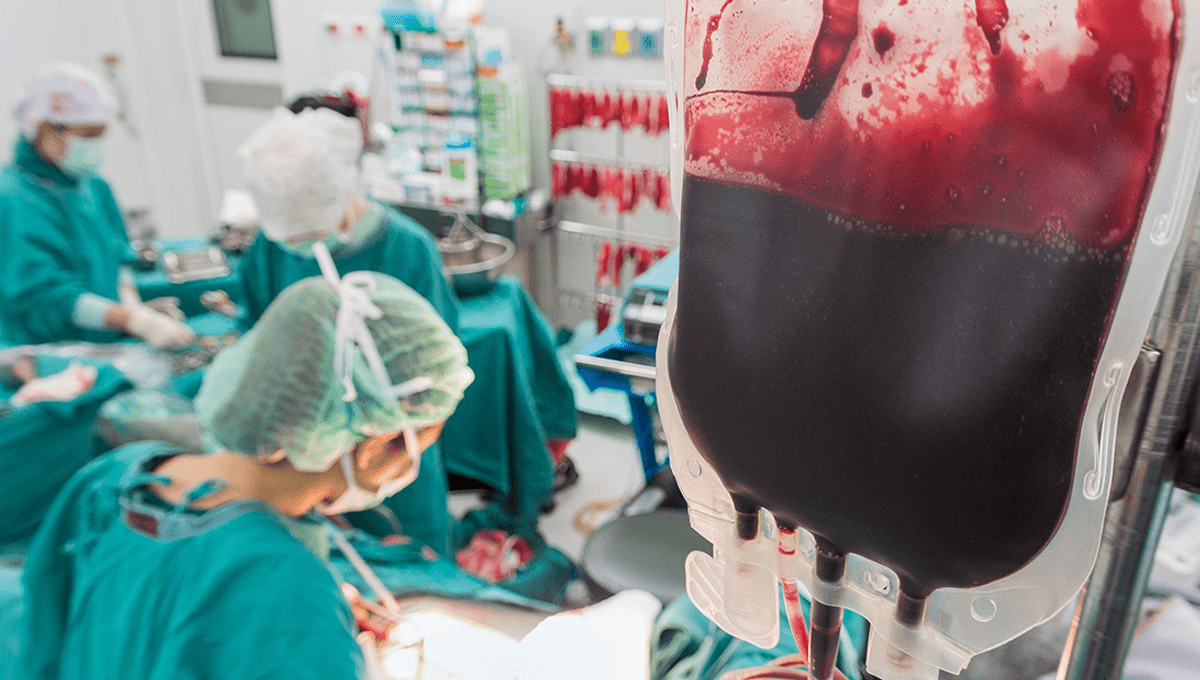
Researchers looking into a 30-year-old mystery surrounding a rare antigen have discovered a new blood group system called Er.
Your blood type is determined by the presence or absence of specific antigens, with the main type people know being A, B, O, and AB (positives and negatives). However, blood groups are slightly different.
“The term ‘blood group’ refers to the entire blood group system,” a 2014 paper on the topic explains, “comprising red blood cell antigens whose specificity is controlled by a series of genes.”
In all, there are 44 blood group systems, with the latest having just been discovered by scientists at the University of Bristol. There are this many groups because there are many ways of grouping red blood cells based on the antigens on their surfaces. The team were investigating a fairly common collection of red cell antigens named Er. Despite first being discovered nearly 40 years ago, these antigens did not fit into any known blood group system.
In the study, people with alloantibodies (antibodies specifically produced following exposure to foreign red blood cell antigens) for Er antigens had their gene-coding DNA sequences analyzed.
The team found changes in the gene coding for the protein Piezo1 which would cause an altered protein on the surfaces of red blood cells in these individuals. By using gene editing on a cell line, they were able to prove that the Piezo1 protein was necessary for Er antigen expression, and establish that Er was its own blood group system comprising of previously recognized Era, Erb and Er3 antigens, plus two new “high incidence” Er antigens called Er4 and Er5.
The presence of alloantibodies can cause problems during transfusion if there is a mismatch between donor and recipient, as well as triggering attacks on the immune system during pregnancy. The two new antigens, Er4 and Er5, are associated with severe hemolytic disease of the fetus and newborn. During the study, two pregnant women with alloantibodies to the newly discovered antigens miscarried, according to a press release. Research like this could help develop tests for rare blood group types, optimizing care for such patients.
“This work demonstrates that even after all the research conducted to date, the simple red blood cell can still surprise us,” Professor of Cell Biology at the University of Bristol, Ash Toye, said in a press release.
“Piezo proteins are mechanosensory proteins that are used by the red cell to sense when its being squeezed. The protein is present at only a few hundred copies in the membrane of each cell. This study really highlights the potential antigenicity of even very lowly expressed proteins and their relevance for transfusion medicine.”
This paper was published in Blood, the journal of the American Society of Hematology.
Source Link: Scientists Investigating 30-Year-Old Mystery Rare Antigens Discover Entirely New Blood Group